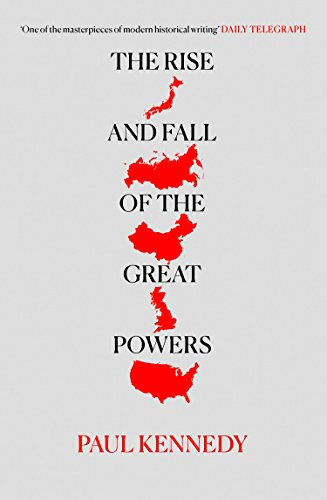EUROPE'S PENCHANT FOR WARS
- PARSHAD DESAI
- Mar 7, 2021
- 3 min read
Updated: Mar 11, 2021
APART FROM THE TWO WORLD WARS, EUROPE HAS BEEN THE EPICENTRE OF MANY ENDLESS AND LARGE SCALE CONFLICTS. HERE'S WHAT.

THE MIGHTY KNIGHTS
The Europeans seem to have a fascination with battle. The lust for power, plunder & superiority has entwined many European monarchs. First, let's look at the major power centres of Europe between 1600 & 1850;
Great Britain
Austrian Habsburg Dynasty
Bourbon & Napoleonic France
Spanish Kingdom
Prussian Germany
Czarist Russia
Turkish Ottoman Empire
There were many smaller & marginal players who had their own moments of influence like the Dutch United Provinces, the newly liberated USA & the nordic kingdoms of Sweden and Denmark. However, their short-lived influence was an anomaly rather than a recurrence.
THE WARCRIES
There were many events & developments which acted as a thrust to the battlefield. The most common & obvious was empire expansion. Napoleon's pan European charge, Great Britain's colonial expansion in the early 1750s, Spain's Latin American charge and Ottoman Empire's rampage in eastern Europe re some prime examples. Another reason was religion. The staunchly catholic Austrian monarchs had ties to the Vatican. They considered the rise of the Protestant faith in Prussia a major threat to Christianity & waged a decade long crusade unsuccessfully. Another similar example is the battle between the Islamic Ottoman Empire & a legion of Christian states like Austria, Spain, Britain & the Netherlands. The French Revolution had sparked fear among the elites across Europe. This lead to a general crackdown on regions/kingdoms where a revolution of the masses was on the cusp. Russia's subjugation of Hungary comes to mind.
EVERCHANGING BOUNDARIES
Just like regions across the globe, Europe too was subjected to changing boundaries. However, none of the great powers came close to dominating Europe except Napolean (who relied on his tactical nous on the battlefield & recent revolution in France). This was because the European terrain was a healthy mix of mountains, forests, plateaus. plains & frosty weather (on the Eastern front). hence, it was almost inconceivable for a single kingdom to dominate all. Another reason was Great Britain. Whenever France came close, GB gave millions of pounds in subsidies to France's adversary and choked the French economy by controlling Naval routes. The superiority of the Royal Navy also provided coastal assistance to nations in need. The UK also managed to club together a string of alliance which usually pitted France against all others. Such shrewd diplomacy always stopped the ambitious French rulers.
MONEY & SIZE MATTERS
The development of warfare technology was still in its infancy in this period. In such a scenario, the armies with the most men usually emerged on the top. In this era, wars were a decade long affair. Hence, to sustain huge armies, a stable credit system was essential for survival. So the kingdoms with the most battle-ready men & a higher credit rating (higher CR= ability to raise funds quickly from foreign markets & private bankers) was most likely to win the war. The main reason for such prolonged conflict was the dearth of technological advancement in terms of arms & the navy. The graph below displays the changes in the infantry (which are of utmost importance in the land-based European Wars) through technology. Kindly note: The period of discussion today is 1600-1850.

PARTING THOUGHTS
So I hope you could understand how warfare worked in pre-imperial Europe. It was always a breeding ground for more & more wars due to the factors stated above. Till the onset of the Industrial Revolution, peace was never a long affair in Europe. IR created a wealth gap between the UK & the rest of Europe, augmented its colonial network & propelled warfare technology. During this time, the UK followed an isolationist policy with regards to Continental Europe, preferring trade rather than conquest. Instead, it diverted its energies towards its imperial empire. The meteoric rise of Prussia (Germany) under Bismarck and the emergence as an industrial colossus and a war machine made its weakened neighbours suspicious. The ensuing streak of alliance & diplomatic chaos sat the groundwork for the First World War.
The reason why we have no "superpowers" from Europe today despite its early dominance & imperial status is the internal squabbling & war mongering amongst the affluent Western and Central European States. The emergence of the United States & a radicalized USSR replaced the depleted and destroyed European giants as the masters of international affairs.
BOOK RECCOMENDATION
If you are enthused by modern history like me, then may I interest you in this great piece by Paul Kennedy?

Trust me it's a good one!
That's all for the day folks,
have a good one.




Comments